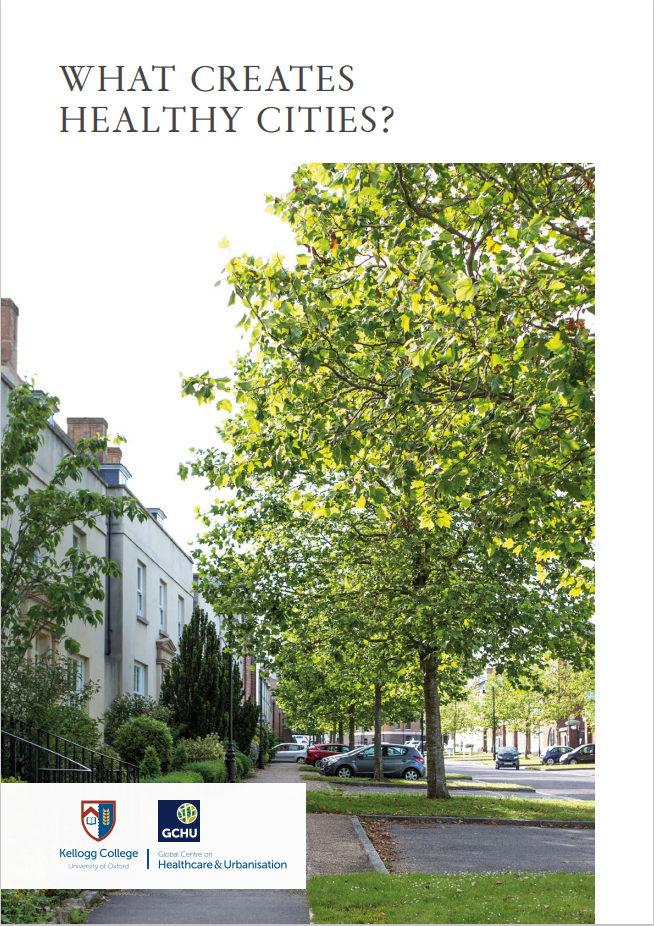
What Creates Healthy Cities?
The Commission on Creating Healthy Cities has published its Final Report on “What Creates Healthy Cities?” (July 2022). Key to the Commission’s findings is the inextricable link between place and health, and the recommendation that ‘health creation’ – interventions that improve health and wellbeing – should be the determining factor for built environment, planning, and placemaking policies.
Drawing on wide ranging evidence and a series of expert workshops, the Report argues that if central and local government give priority to achieving better outcomes for physical and mental health, they will simultaneously address wider inequalities in society, improve the city’s economy and productivity, support efforts to combat climate change, and reduce the escalating costs of National Health Service (NHS) and social care.
Indeed, the Report notes that if £10 billion were spent now to improve 3.5 million homes in England, this would save the NHS £1.4 billion in first year treatment costs alone. Such an investment would pay for itself in just seven years, and would continue to accrue benefits into the future. Add to these health and economic arguments, the imperative of climate change, and the case has never been stronger for urgent action to prioritise health in place, and place in health. The Report focuses on evidence that supports 20 recommendations under four headings: Built Environment, Transport and Mobility, Public Health and Wellbeing, and Good Governance.
The Commission has also produced an online Health Cities Toolkit, which brings together the findings from a systematic scoping review of over 300 evidence-based reviews from across the globe. The Toolkit highlights different approaches to explore ways of improving health and wellbeing, through an easy-to-use website that reviews impact, resource implications, and the quality of evidence.
